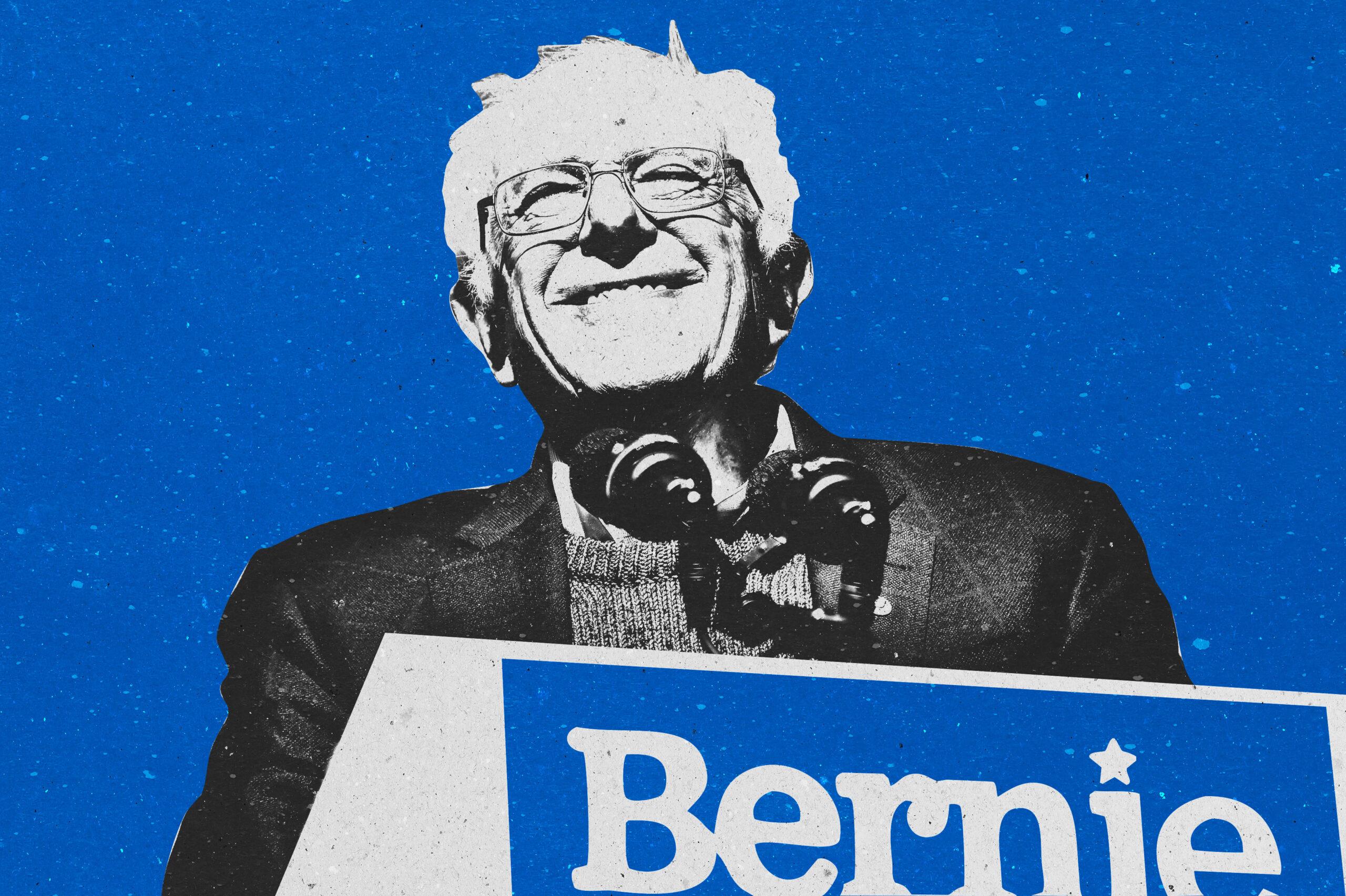
On Saturday, New York representative Alexandria Ocasio-Cortez, one member of Congress’s so-called Squad, endorsed Vermont Senator Bernie Sanders in the Democratic presidential primary at a campaign rally in Queens, New York.
Sanders announced the rally during the most recent debate in response to CNN moderator Erin Burnett’s question about his age and his recent heart attack. “We are going to be mounting a vigorous campaign all over this country,” Sanders said. “That is how I think I can reassure the American people.” By the night’s end, Sanders had given his most vigorous debate performance to date, though Massachusetts Senator Elizabeth Warren dominated the stage through her many direct confrontations with former vice president Joe Biden, South Bend Mayor Pete Buttigieg, Minnesota Senator Amy Klobuchar, and California Senator Kamala Harris.
Biden leads the Democratic presidential field in the Nevada caucus and South Carolina primary. Meanwhile, Warren now leads in Iowa and New Hampshire. Sanders leads the Democratic Party’s left-wing shift, but in recent weeks he’s lost ground to Warren in the polls. Sanders campaigns in favor of universal health care, vigorous antitrust enforcement, and a federal “wealth tax”—so, too, does Warren, who runs as if she invented the major left-wing positions. During Tuesday’s debate, Warren spoke first and spoke longer than any other candidate. She fielded the most attacks from the other candidates on stage, and she spent the most time promoting “Medicare for All” despite Sanders being the senator who “wrote the damn bill.”
Sanders remains the most straightforward and forceful proponent for social democracy among the presidential contenders. But Warren has emerged as a compromise candidate for Hillary Clinton voters who want to turn left without turning to Sanders. If Biden once ran as the pragmatic alternative to Sanders, Warren, and everyone else running for president in the overcrowded primary season, then Warren now stands as the pragmatic alternative to Sanders, in particular. While Sanders excites young, working-class Democrats, Warren woos Clinton’s former faction: white, educated, middle-class voters, especially women. As a front-runner, Warren proves her left-wing bona fides at Sanders’s expense.
Nervously, Sanders’s supporters now wonder how (and how soon) he might neutralize Warren in the remaining four months before the Iowa and New Hampshire caucuses. So far, Sanders and Warren seem to be honoring a non-aggression pact in the debates; on Tuesday, Sanders was the only candidate to spare Warren from a direct challenge. But Sanders now struggles to present his candidacy’s challenge to the ruling class as unique: Wall Street fears Sanders, but Wall Street fears Warren, too.
Sanders’s rivals are left to determine whether a “vigorous” campaign is a promise or a threat. In 2016, Sanders’s “vigorous” campaign against Hillary Clinton was an onslaught, which widened the rift in modern Democratic politics. Sanders hasn’t forcefully challenged Warren or Biden. He chided Biden for supporting the Iraq War but has otherwise declined to overwhelm Biden with the populist contempt that he unrelentingly heaped upon Clinton in 2016. In the current campaign, Sanders has employed a much friendlier demeanor. He doesn’t intimidate Biden so much as he coexists alongside him in soft contrast, and he doesn’t challenge Warren so much as he seems to offer minor improvements on her style as well as her proposals. Sanders antagonizes the ruling class and occasionally the DNC, but otherwise spares his rivals from brutal criticism, no matter how moderate (Biden, Buttigieg, Klobuchar) or threatening (Warren) they are to his candidacy.
It’s difficult to imagine Sanders sweeping a crowded and competitive primary season with such a conciliatory campaign. He risks alienating some moderates all over again, and he risks losing to Warren without ever really contesting her ascendancy. If Sanders won’t acknowledge, much less emphasize, any differences between himself and Warren, then why should anyone else resist Warren’s ascendence in the polls? If Warren is liberal enough for Bernie Sanders, then she may well prove liberal enough to commandeer his revolution, if not his squad. “It wasn’t until I heard of a man by the name of Bernie Sanders that I began to question and assert and recognize my inherent value as a human being who deserves health care, housing, education, and a living wage,” New York representative Ocasio-Cortez told Sanders’s crowd—so far the primary season’s largest rally—in Queens. It was a moment when Sanders finally reasserted his unique distinction at the heart of left-wing politics. “I am back,” Sanders boomed.

